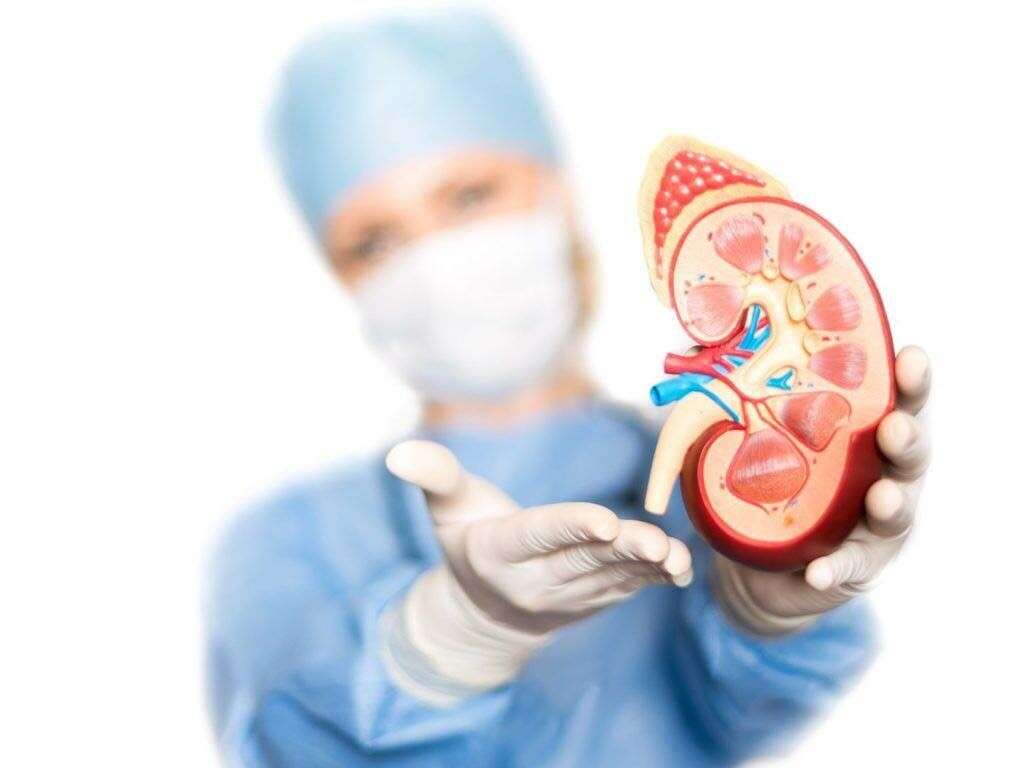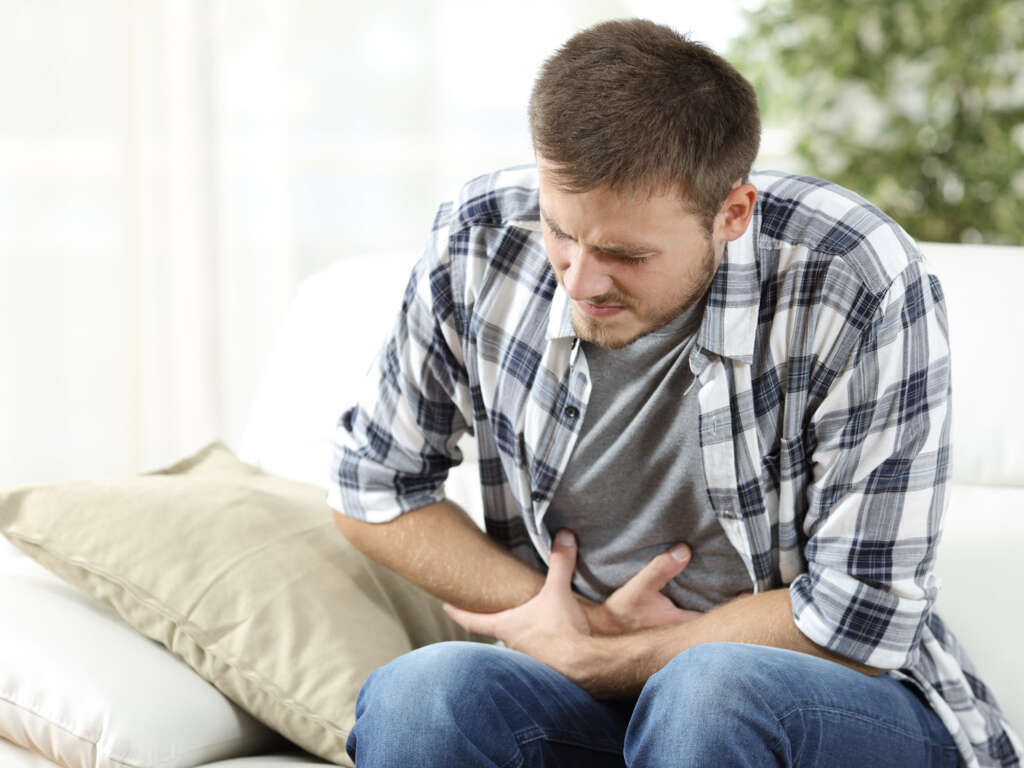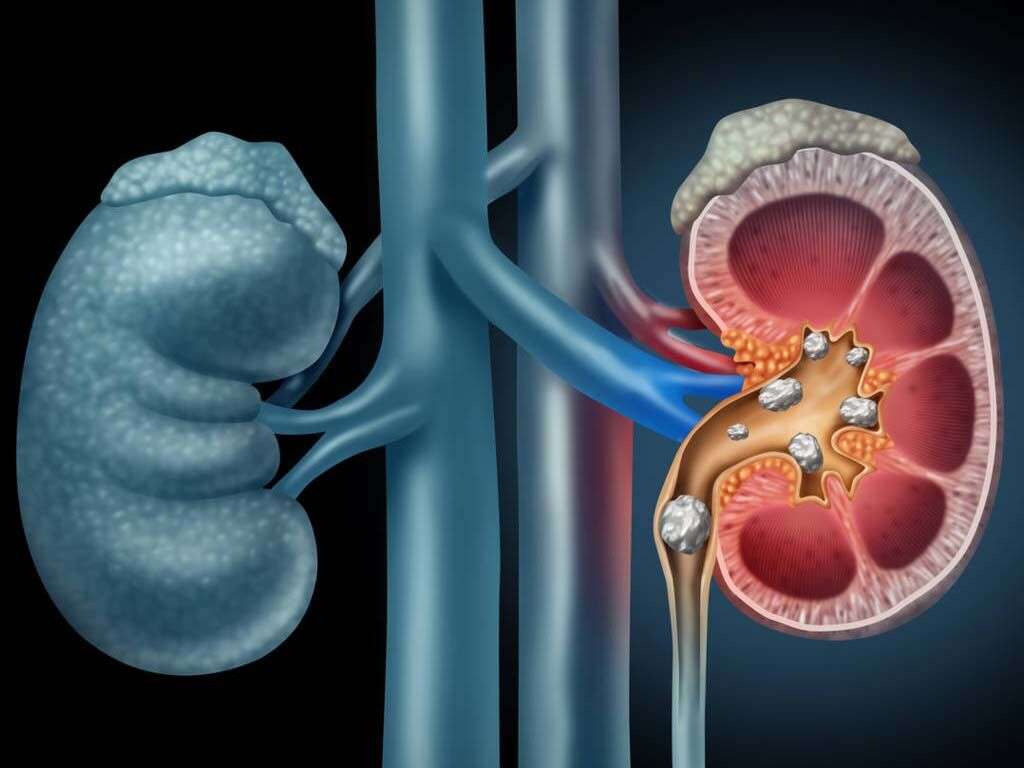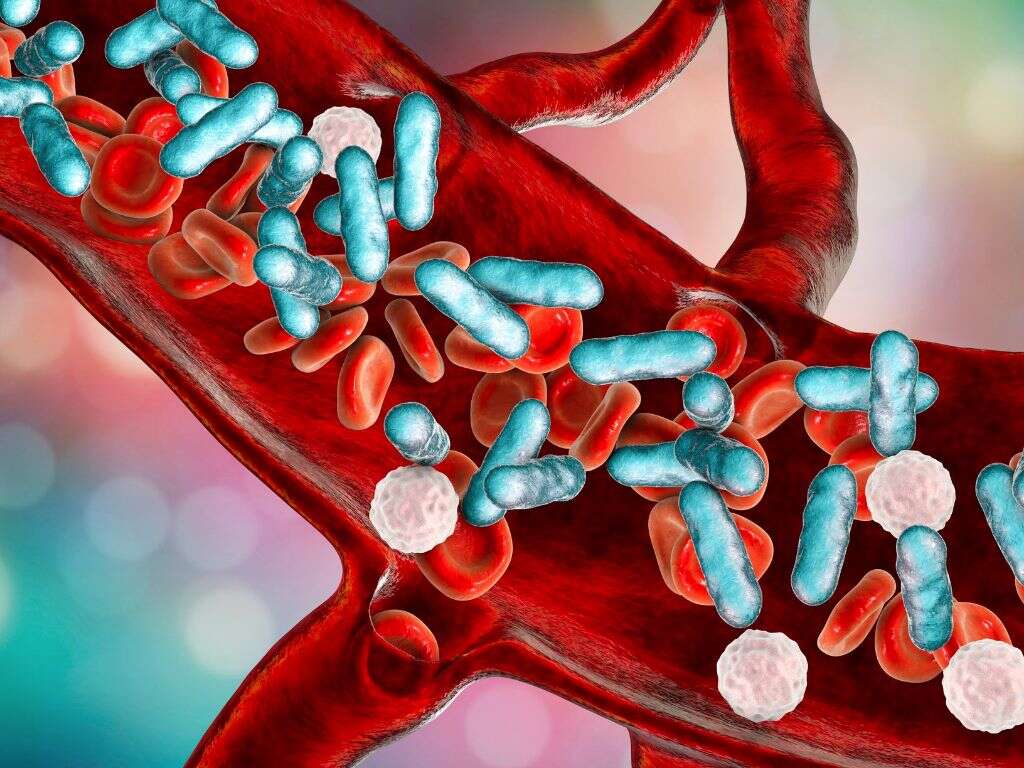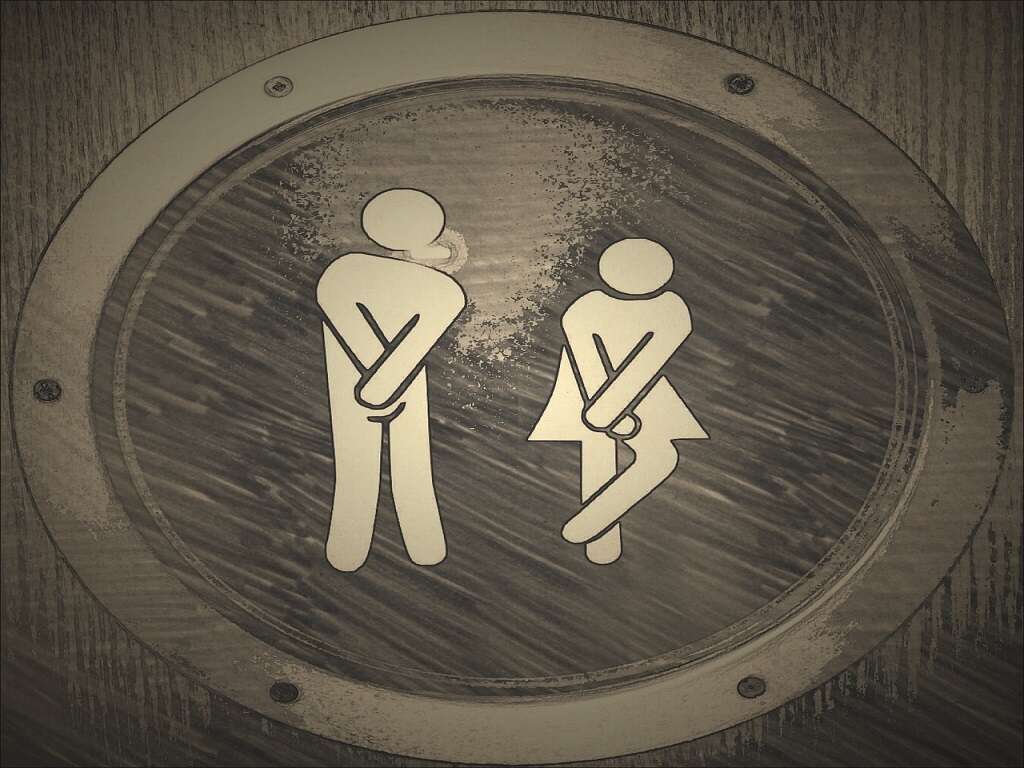10 Symptoms of Kidney Problems
The kidneys are two fist-sized organs that are located on the posterior portion of the abdomen, just below the ribcage. Kidneys play an important role in the regulation of body fluids in the human body. Filtering the blood to create urine which is later disposed of, reabsorbing electrolytes for the proper regulation and balance of fluids, hormonally regulating blood pressure, and mediating the activity of vitamin D, are just a few of the functions that our kidneys perform every day.
Many conditions like diabetes and high blood pressure may interfere with the proper functioning of the kidneys. Congenital defects like polycystic kidney disease (PKD) may also cause kidney damage and other conditions like urinary tract infections and kidney stones are also well-known causes of kidney problems.
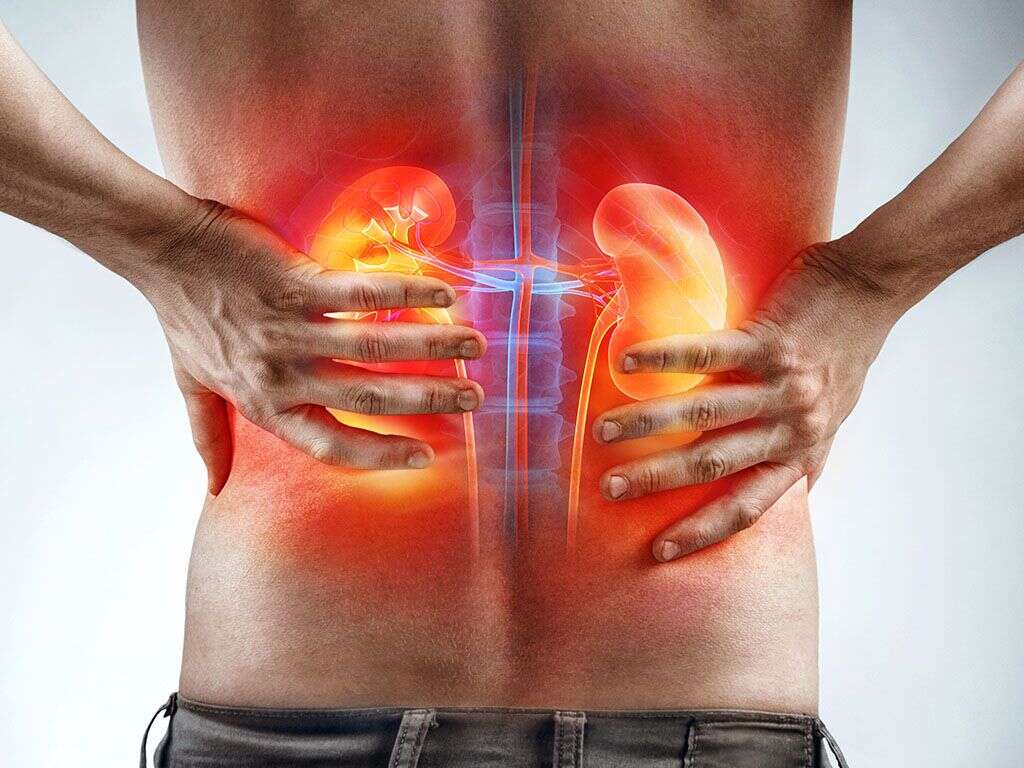
1. Decreased Urine Output
Oliguria is the medical term that describes a decrease in the normal urine output. The technical definition refers to less than 0,5ml of urine per kilogram in a period of six to twelve hours, but these parameters may vary. Depending on the cause of oliguria, it can progress into anuria which is defined as less than 50 to 100 ml of urine per day.
One of the main functions of the kidneys is to filter blood and produce urine which will be disposed of later on. If the kidneys are affected, the urine production may be affected as well, causing the patient to urinate less frequently. This is a common symptom in patients with acute kidney injury. Anuria is less common and it is associated with bilateral urinary tract obstructions and shock.
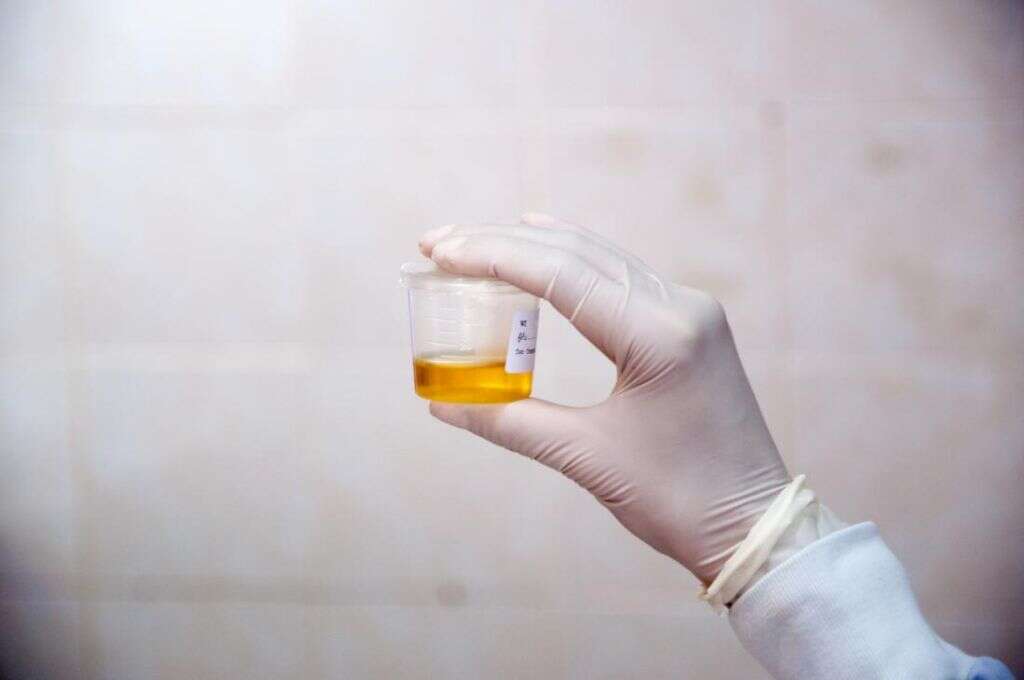
2. Pain During Urination
Dysuria is the medical term used to describe the presence of pain during urination. It is a non-specific symptom associated with many conditions such as urinary tract infections (UTI), kidney stones, and sexually transmitted infections (STI) to name a few. This symptom is often described as a burning sensation during urination and it can be quite a painful experience.
Even though this symptom is not always related to kidney problems, it is a common finding in patients with kidney stones and urinary tract infections (UTI). Patients with kidney stones may experience intense pain as the stones travel through the urinary tract, causing damage to the urethra and producing a burning sensation.

3. Blood in the Urine
Hematuria is the medical term used to describe blood in the urine. When a patient is able to see blood in their urine, this is called macroscopic hematuria. On the other hand, some patients may have blood in their urine but the amount is so low that it is only visible during a urine analysis, this is called microscopic hematuria.
Conditions like urinary tract infections, acute kidney injury, kidney stones, and intense exercise can cause blood to appear in the urine. Other conditions like kidney, bladder, and prostate cancer may cause this symptom to appear as well. It is important to seek medical attention if this symptom appears in order to get a proper diagnosis.
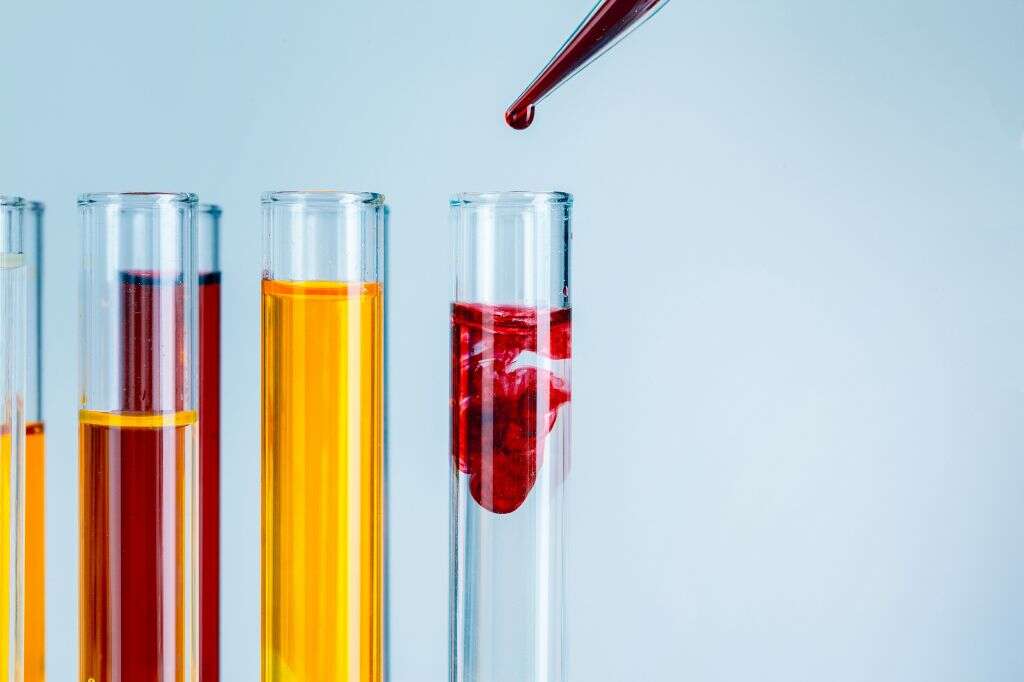
4. Back Pain
Pain in the lower back is one of the most common medical complaints worldwide. It is a non-specific symptom associated with many conditions. It can have an acute onset which is usually seen in conditions affecting the musculature of the back, but sometimes it can have an insidious onset which makes it harder to diagnose.
Conditions like kidney stones and kidney infections are known to cause pain in the costovertebral angle. This point is located on the back, where the ribs meet with the spine. Tenderness is usually present as well. Other conditions like urinary tract infections (UTI) may cause pelvic pain to appear.

5. Swelling
Edema is defined as fluid accumulation that leads to swelling of the affected tissue. It is a non-specific symptom associated with many conditions. Depending on the location and the nature of the edema, it can be a very dangerous sign, like in pulmonary edema or an annoying symptom like the one seen in venous insufficiency.
Due to the important role that the kidneys play in fluid regulation, it is common to find fluid accumulation as a symptom of kidney disease. The edema may be found in extremities like hands and feet but it can also lead to pulmonary edema which is a very dangerous condition.

6. Dizziness
Dizziness is defined as the loss of balance and/or the feeling of being lightheaded. It is a subjective sensation that can show up suddenly and may cause a person to feel ill. It is important to try to sit down as soon as possible to prevent falls that could result in serious complications. The kidneys also regulate blood pressure through a hormonal mechanism that includes the production of renin.
Through a cascade of hormonal events, renin will cause an increase in blood pressure. Therefore, patients with kidney problems might experience hypotension as a result of inadequate renin production. Dizziness is of the most common symptoms associated with low blood pressure.

7. Fatigue
Fatigue can be described as a general feeling of exhaustion. Usually, this symptom improves with adequate rest, but depending on the source of the problem, it may not improve at all. It can be triggered by exercise, stress, and work-related activities. It is a non-specific symptom that can be associated with many conditions like anemia and anxiety, to name a few.
Another key function of the kidneys is the production of erythropoietin which is crucial for the making of red blood cells. Patients with late-stage chronic kidney disease (CKD) may suffer from anemia as the production of red blood cells is compromised. One of the most common symptoms associated with CKD-related anemia is fatigue.

8. Itchy Skin
Pruritus is the medical term that describes the feeling of irritation and uneasiness that makes you want to scratch the affected area of the skin. It can be caused by many conditions and depending on the source of the problem it can be very annoying especially at night when we try to sleep.
The kidneys are in charge of detoxifying the blood from chemicals and drugs, therefore, if the kidneys are damaged, it is normal to see some of these compounds accumulate in the bloodstream. If kidney function becomes compromised, urea will slowly start to buildup in the blood, in a condition known as uremia. One of the most common symptoms associated with an episode of uremia is itchy skin.

9. Increased Urinary Frequency
An increase in the normal urinary frequency is known as pollakiuria. This is a non-specific symptom associated with many conditions. It can be a condition on its own, or it can be linked to another condition in the urinary system such as urinary tract infections (UTI), kidney stones, and issues with bladder emptying.
This is a common symptom associated with different types of kidney and non-kidney problems. Prostate problems may cause this symptom to appear due to prostatic enlargement causing urinary tract obstructions. As the urinary tract becomes obstructed, the urine has nowhere to go, so it may flow back into the ureters and the kidneys, causing further damage to the system.

10. Nausea
Nausea is commonly defined as the urge to vomit. It can appear suddenly but, in some cases, it has an insidious onset. It is a non-specific symptom that can be associated with many conditions, but it can also be triggered by certain events or things in our surroundings.
If the kidneys are not functioning properly, chemical residues are going to start accumulating in the bloodstream. Urea is one of the first compounds to accumulate, and when it does it can cause many annoying symptoms like nausea, vomiting, itchy skin, and fatigue.




